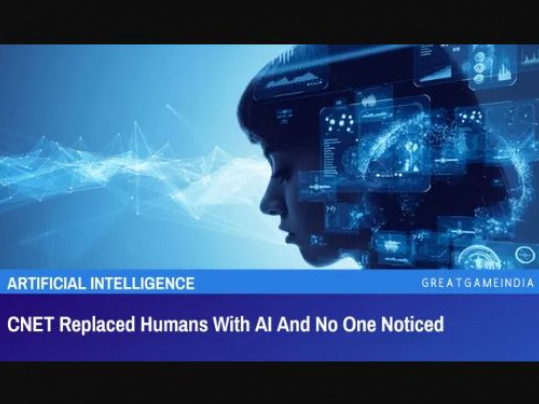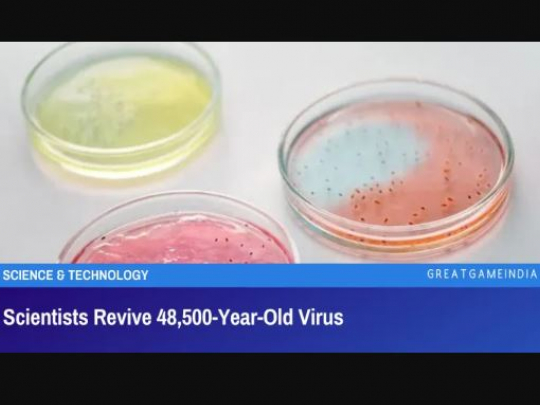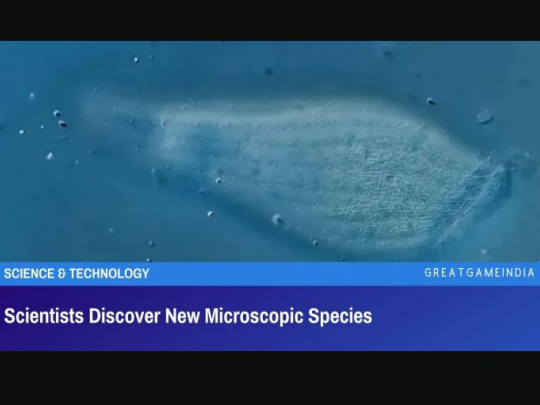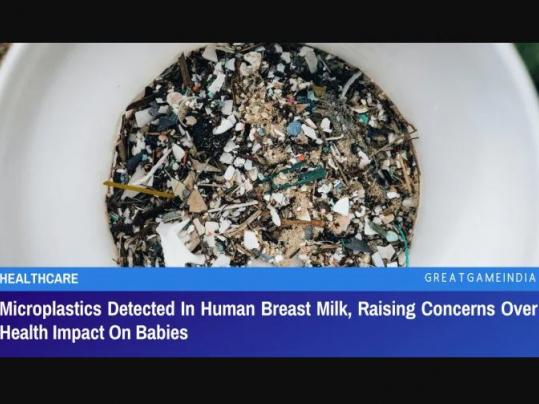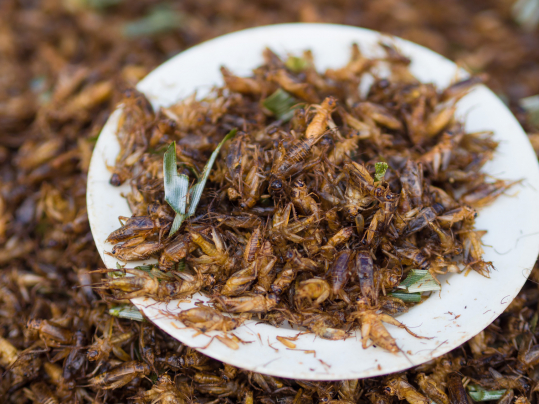Scientists Create Motherless Mice With 2 Fathers
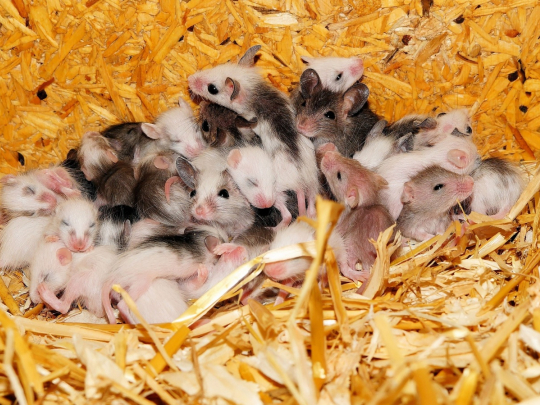
Scientists have created mice with two biological fathers by generating eggs from male cells, a development that opens up radical new possibilities for reproduction.
The advance could ultimately pave the way for treatments for severe forms of infertility, as well as raising the tantalising prospect of same-sex couples being able to have a biological child together in the future.
“This is the first case of making robust mammal oocytes from male cells,” said Katsuhiko Hayashi, who led the work at Kyushu University in Japan and is internationally renowned as a pioneer in the field of lab-grown eggs and sperm.
Hayashi, who presented the development at the Third International Summit on Human Genome Editing at the Francis Crick Institute in London on Wednesday, predicts that it will be technically possible to create a viable human egg from a male skin cell within a decade. Others suggested this timeline was optimistic given that scientists are yet to create viable lab-grown human eggs from female cells.
Previously scientists have created mice that technically had two biological fathers through a chain of elaborate steps, including genetic engineering. However, this is the first time viable eggs have been cultivated from male cells and marks a significant advance. Hayashi’s team is now attempting to replicate this achievement with human cells, although there would be significant hurdles for the use of lab-grown eggs for clinical purposes, including establishing their safety.
“Purely in terms of technology, it will be possible [in humans] even in 10 years,” he said, adding that he personally would be in favour of the technology being used clinically to allow two men to have a baby if it were shown to be safe.
“I don’t know whether they’ll be available for reproduction,” he said. “That is not a question just for the scientific programme, but also for [society].”
The technique could also be applied to treat severe forms of infertility, including women with Turner’s syndrome, in whom one copy of the X chromosome is missing or partly missing, and Hayashi said this application was the primary motivation for the research.
Others suggested that it could prove challenging to translate the technique to human cells. Human cells require much longer periods of cultivation to produce a mature egg, which can increase the risk of cells acquiring unwanted genetic changes.
- Source : GreatGameIndia




